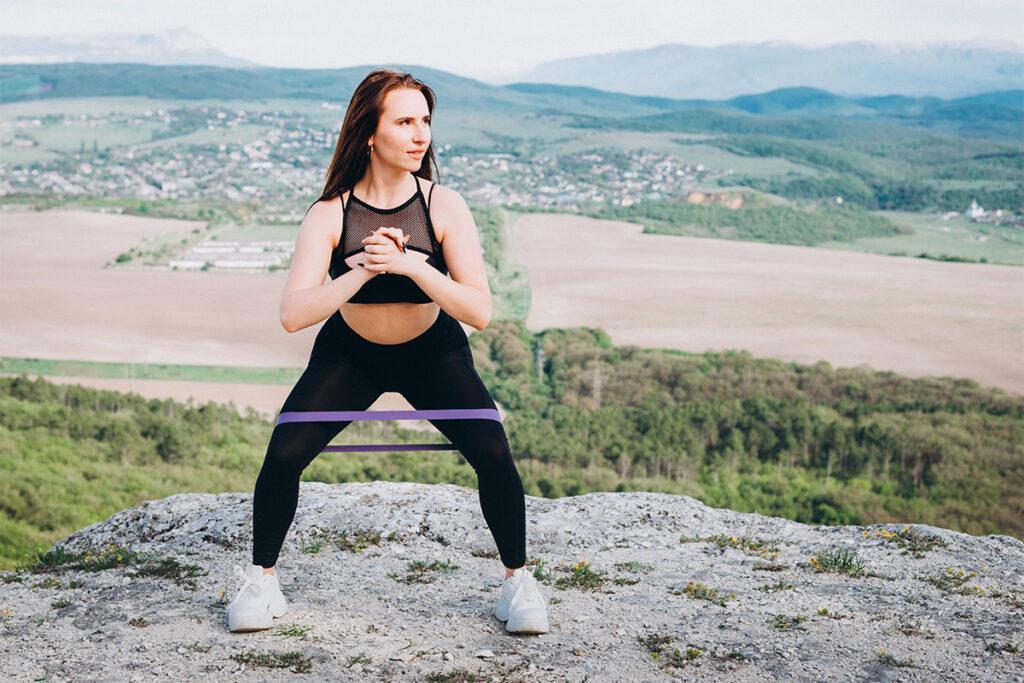Scottdale Rehabilitation & Wellness Center Cares for You at Every Step
The importance of gait and balance in elderly people is a topic we understand and support here at Scottdale Rehabilitation & Wellness Center in Scottdale, PA. As we age, our bodies undergo various changes, and areas that often require special attention are gait and balance. Maintaining a steady and confident stride can significantly impact the quality of life for elderly individuals. Let’s explore the importance of gait and balance in elderly people in this month’s blog. We’ll look at the factors that can affect older people, and strategies for improving and preserving these essential functions.
What is Gait and Balance?
Gait refers to the pattern of movement during walking, including the rhythm, speed, and coordination of steps. Balance, on the other hand, involves the ability to maintain an upright posture and control body position during various activities. Those activities include walking, standing, or transitioning from sitting to standing. Both gait and balance are crucial for preventing falls and maintaining independence in daily life.
Factors Affecting Gait and Balance
- Muscle Weakness: Muscle strength naturally decreases with age, affecting the ability to support the body’s weight and maintain proper posture.
- Joint Stiffness: Arthritis and other joint conditions can limit joint mobility and hinder smooth movement.
- Neurological Changes: Age-related changes in the nervous system can slow down reaction times and impair coordination.
- Medications: Some medications may have side effects that affect balance and gait.
- Sensory Decline: Vision and proprioception (the sense of body position) may decline, making it more challenging to navigate the environment safely.
- Chronic Health Conditions: Conditions like diabetes or cardiovascular diseases can impact circulation and affect gait and balance.
Consequences of Gait and Balance Issues
- Increased Risk of Falls: Falls are a leading cause of injuries and hospitalizations among the elderly.
- Loss of Independence: Gait and balance issues can limit the ability to perform daily tasks independently.
- Social Isolation: Fear of falling can lead to social withdrawal and decreased participation in activities.
- Decline in Quality of Life: The loss of mobility and independence can negatively affect an individual’s overall quality of life.
Strategies for Improvement in Elderly Individuals
Physical Activity: Regular exercise, especially strength training and balance exercises, can help improve muscle strength and coordination. Activities like tai chi and yoga are particularly beneficial for balance.
Medication Review: Consult with a healthcare professional to assess whether any medications may be contributing to balance problems, and discuss potential alternatives.
Vision Care: Regular eye exams and maintaining good vision are essential for safe navigation.
Home Safety: Modify the home environment to reduce fall risks, such as removing tripping hazards and installing handrails or grab bars where necessary.
Assistive Devices: If needed, consider using assistive devices like canes or walkers to provide added stability.
Nutrition: Maintain a balanced diet to support overall health and muscle strength.
Regular Health Checkups: Stay proactive in managing chronic health conditions through regular checkups and medication management.
For more information, call Scottdale Rehabilitation & Wellness Center at (724) 887-6615. Follow us on Facebook for updates. We are happy to discuss more about gait and balance in elderly people.

